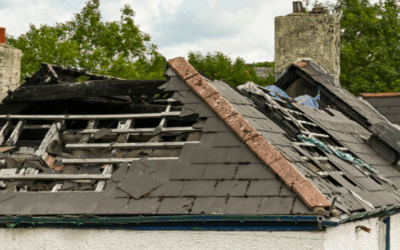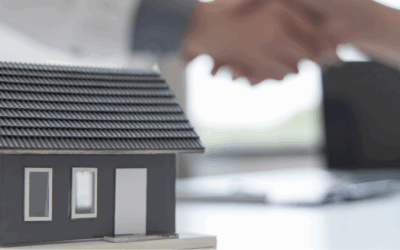As a hotel or guesthouse owner, we know that health and safety regulations are never far from your mind. The right procedures not only protect your staff and guests, they also protect your business should you ever need to claim on an insurance policy. In the event that you do need to claim on your policy, you’ll need to prove every reasonable precaution was taken to keep your guests and employees safe.
The first step to creating a robust health and safety policy for your hospitality business is to conduct a risk assessment. This should include all of the risks you expect to encounter as well as a detailed plan on how to avoid or mitigate them.
We’ve looked at some of the areas to cover in your risk assessment below. If you need help or advice you can talk to our hotel insurance experts on 01926 495 113.
COVID-19 Precautions
The on-going Covid-19 outbreak has added an extra level of risk for hotel and guesthouse owners to consider. You’ll need to account for this in your risk assessment along with any necessary adjustments required for staff and guests.
Here are some recommendations
• Ask guests not refrain from visiting if they have symptoms of the coronavirus, and turn anybody away who is developing signs of the virus. These signs include a new, persistent cough, a high temperature, changes or loss of sense of taste or smell.
• Clean more often, especially surfaces that are touched a lot. You should also ask your visitors and staff to clean their hands frequently using hand sanitiser.
• Enable people to check in at your venue so they can be contacted by the NHS Test and Trace service if necessary. This will help to reduce the spread of the virus.
• For more information on keeping your guesthouse safe during covid-19, take a look at this government guidance article.
Fire safety
If your hotel has six or more rooms that are let out to guests, you will need a fire safety certificate. Even if you fall under the minimum requirements, prioritising fire safety should be high on your agenda. You’ll need to have working fire and smoke alarms fitted in every room, communal areas and landings, with the correct fire extinguishers installed too.
A defined evacuation procedure and route is essential, as well as regularly training staff to help them put the procedures into action when needed. Other things that should features in your fire safety risk assessment are:
• Fire extinguishers need to be checked monthly
• Fire alarms should be tested weekly
• Fire doors should be kept closed at all times and regularly checked for damage
• Evacuation routes should be kept clear at all times
Guest Room Safety
It is your responsibility to keep your guests safe, and the only way to do this is to be aware of all the risks they could encounter. Some of the main risks found in hotel guest rooms include
• Scalding water – try to keep hot water outlets set to a maximum of 55 degrees to avoid injury.
• Slips and falls from showers or baths are another common danger. Install sturdy handrails where possible to prevent this from happening.
• Electrical equipment such as hair dryers and kettles should be PAT tested yearly and be clearly tagged after each inspection.
• Steam irons should be fitted with cut out switches and regularly inspected for safety.
• Balconies should be regularly inspected for structural integrity and have no climbing points. You should also include warning signs highlighting the dangers of leaving children unattended on the balconies, and warn people against going over maximum capacity.
Slip and Trip Hazards
Some of the most common accidents in hotels and guesthouses are caused by slip and trip hazards. You can reduce the potential for injury by following the steps listed below.
• Perform general maintenance of floors to keep them in good conditions so you don’t have bumpy floors or loose floorboards.
• Keep spaces clean and tidy to remove any unnecessary trip hazards, such as boxes and cleaning materials. Also make sure cables and wire
• If there are any raised steps or low ceilings, be sure to clearly sign post them.
• Deal with any spillages straight away and use signs to warn guests and staff of the danger.
At the Bateman Group we’ve helped hundreds of hotels and guesthouses navigate the insurance industry to find the right policy. We can give you advise on conducting risk assessments, and help you in case you ever need to make a claim. Use our contact form to get in touch with our hotel insurance experts.



